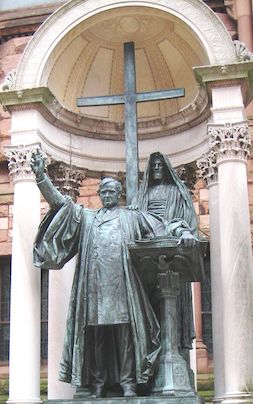Lent 3A, March 19, 2017; The Rev. Pamela L. Werntz
Romans 5:1-11 God’s love has been poured into our hearts through the Holy Spirit.
John 4:5-42 Give me a drink.
O God of water and thirst, grant us the strength, the wisdom and the courage to seek always and everywhere after truth, come when it may and cost what it will.
I just want to note that in our first reading this morning, I added the translation for the place names because to transliterate the Hebrew word “seen” as Sin just seems wrong. I should have added that the word Nile doesn’t appear in the Hebrew text – it’s just the river, and Horeb means “desert.” Perhaps the place names are not important to translate, but I couldn’t get past the distraction of calling the place in the Sinai, “Sin,” and I didn’t want you to either, particularly because our cantata text is all about sin. When you hear it, listen remembering that sin, according to the Bible, is separation from Love from neighbor. Sin is what we do or fail to do that keeps us apart from Love of neighbor and of God who is Love. Our scripture readings for today are not directly addressing sin, but are reflections on thirst, the physical and spiritual desire for wellsprings. Continue reading


